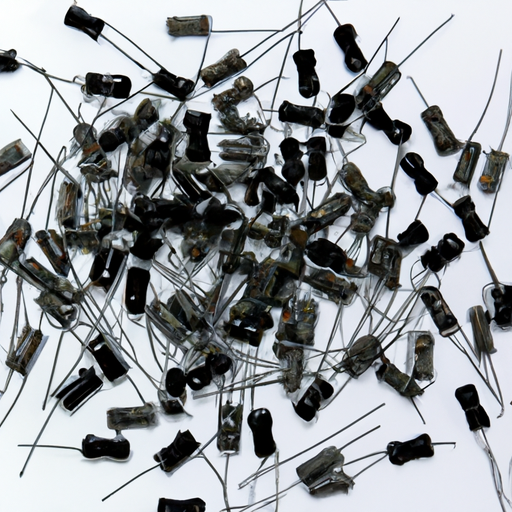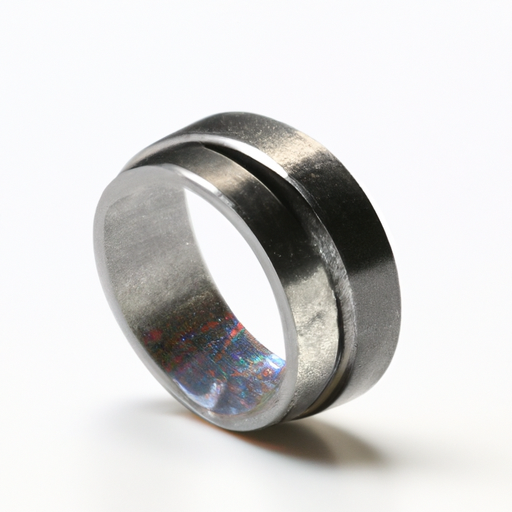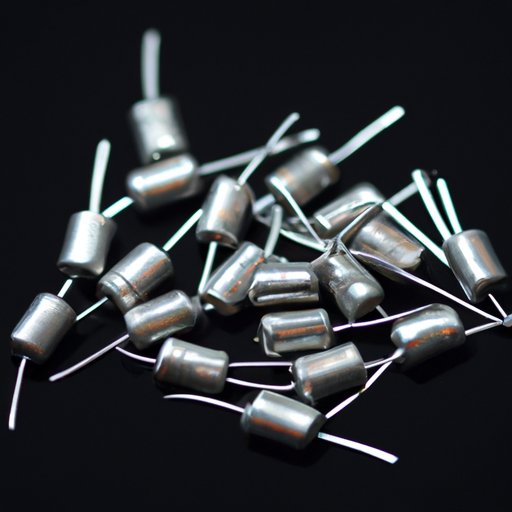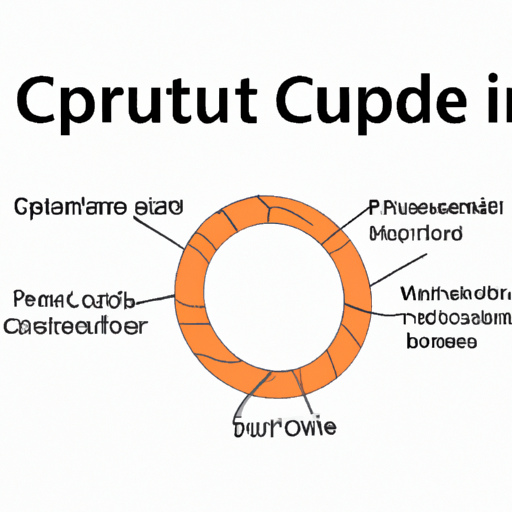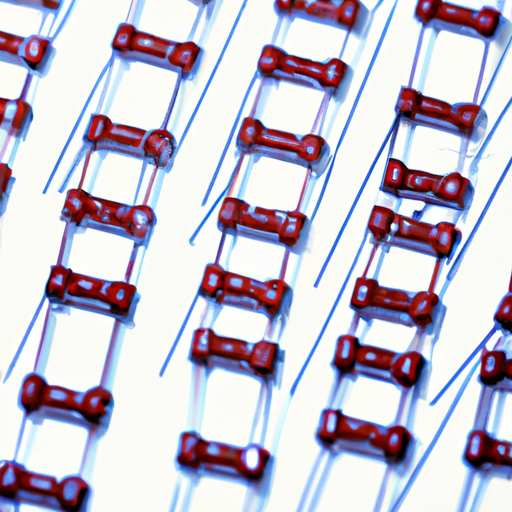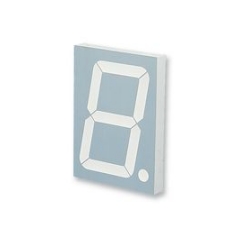What are the advantages of inductor products?
What are the Advantages of Inductor Products?
I. Introduction
Inductors are passive electronic components that store energy in a magnetic field when electrical current flows through them. They play a crucial role in various electronic circuits, serving functions that range from energy storage to filtering and current regulation. As technology continues to advance, the importance of inductors in modern electronics cannot be overstated. This blog post will explore the numerous advantages of inductor products, highlighting their fundamental principles, applications, and future trends.
II. Fundamental Principles of Inductors
A. Basic Working Principle of Inductors
Inductors operate on the principle of electromagnetic induction. When an electric current passes through a coil of wire, it generates a magnetic field around it. The strength of this magnetic field is proportional to the amount of current flowing through the coil. When the current changes, the magnetic field also changes, inducing a voltage in the coil that opposes the change in current. This property is known as inductance, measured in henries (H).
B. Types of Inductors
Inductors come in various types, each suited for specific applications:
1. **Air-Core Inductors**: These inductors use air as the core material, making them lightweight and suitable for high-frequency applications.
2. **Iron-Core Inductors**: These inductors use iron or ferrite cores to increase inductance and improve efficiency, making them ideal for low-frequency applications.
3. **Toroidal Inductors**: Shaped like a doughnut, toroidal inductors minimize electromagnetic interference and are highly efficient.
C. Key Parameters
Key parameters of inductors include:
Inductance: The ability of an inductor to store energy in a magnetic field.
Current Rating: The maximum current an inductor can handle without overheating.
Resistance: The opposition to current flow, which can affect the efficiency of the inductor.
III. Advantages of Inductor Products
A. Energy Storage
Inductors are excellent for energy storage. When current flows through an inductor, it stores energy in its magnetic field. This capability is particularly useful in power supplies and converters, where inductors can smooth out fluctuations in current and voltage, ensuring a stable output.
B. Filtering and Smoothing
Inductors play a vital role in filtering out noise in power supplies. They can block high-frequency signals while allowing low-frequency signals to pass, making them essential in applications where signal integrity is crucial. Additionally, inductors help smooth voltage fluctuations in circuits, providing a more stable power supply to sensitive components.
C. Current Regulation
Inductors are commonly used in current-limiting applications. By controlling the rate of current change, inductors help maintain stable current levels, which is essential for protecting sensitive electronic components from damage due to current spikes.
D. Magnetic Field Generation
Inductors are integral to devices that require magnetic field generation, such as transformers and inductive coupling systems. They are also used in wireless power transfer applications, enabling efficient energy transfer without physical connections.
E. High Efficiency
Compared to resistive components, inductors exhibit high efficiency with reduced energy losses. This efficiency is crucial in applications where energy conservation is a priority, such as in power electronics and renewable energy systems.
F. Versatility
Inductors are versatile components used across various industries, including telecommunications, automotive, and consumer electronics. Their ability to be customized for specific needs makes them suitable for a wide range of applications, from simple circuits to complex systems.
G. Reliability and Longevity
Inductor products are known for their durability and low failure rates compared to other electronic components. Their robust construction allows them to withstand harsh operating conditions, making them a reliable choice for long-term applications.
IV. Applications of Inductor Products
A. Power Electronics
Inductors are essential in power electronics, particularly in DC-DC converters, where they help regulate voltage and current. They are also used in inverters and uninterruptible power supply (UPS) systems, ensuring a stable power output.
B. Telecommunications
In telecommunications, inductors are used in signal processing to filter and amplify signals. They are also critical in radio frequency (RF) circuits, where they help manage signal integrity and reduce interference.
C. Automotive Industry
The automotive industry increasingly relies on inductors, especially in electric vehicles and hybrid systems. They play a crucial role in power management systems, helping to regulate energy flow and improve overall efficiency.
D. Consumer Electronics
Inductors are widely used in consumer electronics, including audio equipment and power supplies for various devices. Their ability to filter noise and stabilize voltage makes them essential for delivering high-quality performance in these applications.
V. Challenges and Considerations
A. Size and Weight Constraints
As electronic devices become more compact, the size and weight of inductors can pose challenges. Designers must balance the need for performance with the constraints of space. Solutions for miniaturization, such as using advanced materials and manufacturing techniques, are being explored to address these challenges.
B. Heat Dissipation
Inductors can generate heat during operation, which can affect their performance and longevity. Proper design and material selection are crucial for managing thermal performance and ensuring reliable operation.
C. Cost Factors
While inductors can be more expensive than some other components, their long-term value often outweighs the initial investment. The efficiency and reliability they provide can lead to cost savings over time, particularly in high-performance applications.
VI. Future Trends in Inductor Technology
A. Advancements in Materials and Manufacturing
The future of inductor technology lies in advancements in materials and manufacturing processes. New materials, such as nanocrystalline and amorphous alloys, are being developed to enhance performance and efficiency.
B. Innovations in Design for Higher Efficiency
Innovative designs, such as integrated inductors and multilayer inductors, are being explored to improve efficiency and reduce size. These designs can lead to more compact and efficient electronic devices.
C. Integration with Other Components
The integration of inductors with other components, such as capacitors and resistors, is a growing trend. This integration can lead to more compact and efficient circuit designs, enhancing overall performance.
VII. Conclusion
In conclusion, inductor products offer numerous advantages that make them indispensable in modern electronics. From energy storage and filtering to current regulation and magnetic field generation, inductors play a vital role in a wide range of applications. Despite challenges such as size constraints and heat dissipation, ongoing advancements in technology promise to enhance the performance and versatility of inductors. As we look to the future, the importance of inductors in driving innovation and efficiency in electronic systems will only continue to grow.

